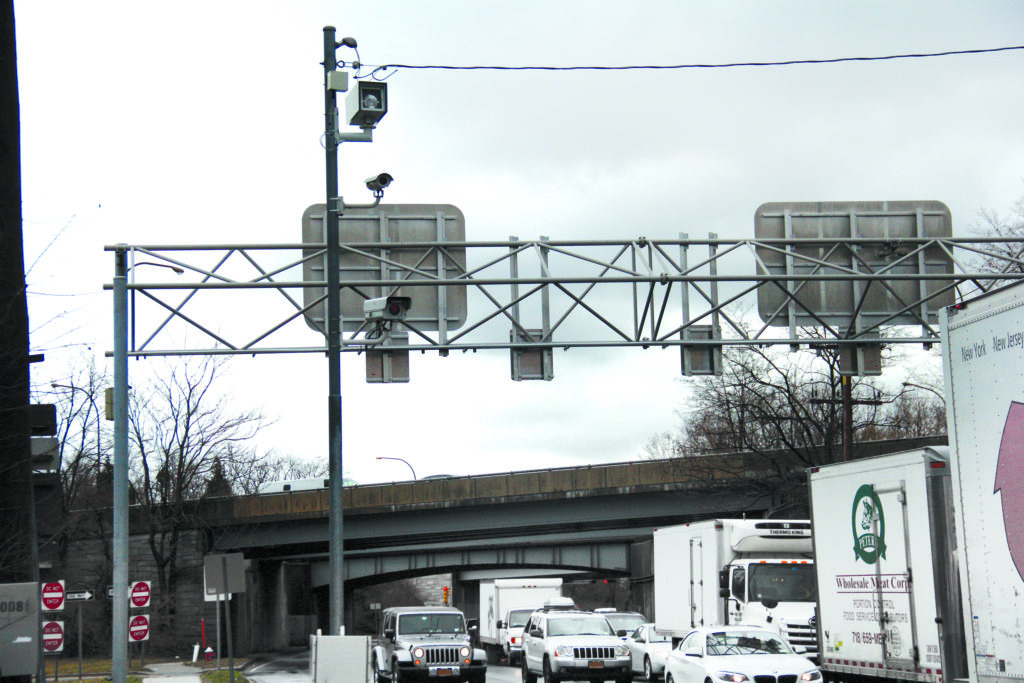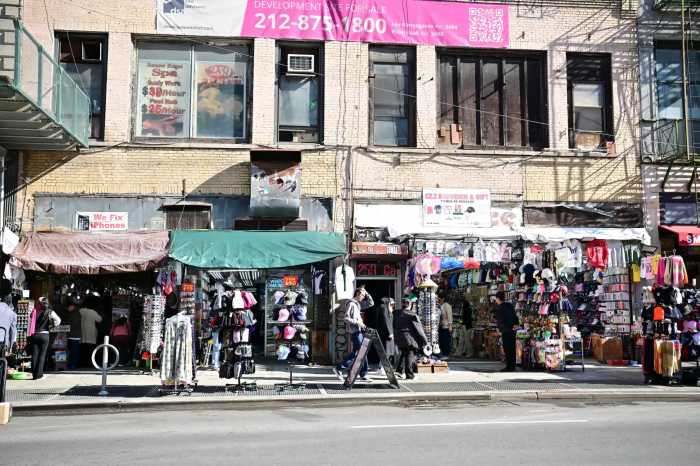 It’s no secret that red light cameras are about revenue far more than they are about road safety. The fines associated with red light tickets seem to go up every year, prompting endless complaints that fall on deaf ears of those in the position to do something about it. It is essentially impossible to fight a ticket if you get one and you’re punished for even trying. Since it seems we have to live with these cameras for the foreseeable future, why not make the system a tiny bit fairer by scaling the fines according to income?
It’s no secret that red light cameras are about revenue far more than they are about road safety. The fines associated with red light tickets seem to go up every year, prompting endless complaints that fall on deaf ears of those in the position to do something about it. It is essentially impossible to fight a ticket if you get one and you’re punished for even trying. Since it seems we have to live with these cameras for the foreseeable future, why not make the system a tiny bit fairer by scaling the fines according to income?
Fines these days are $150—that’s a $50 initial fine, a $55 public safety fee and a $45 driver responsibility fee, plus a $6 convenience fee if you’d like to pay online, like a proper 21st-century human. For a comfortable middle-class person, that fee is an annoyance, but paying it won’t change their life. For someone living near or below the poverty level, that fee might mean not eating that week, or not making rent.
A person earning $15,000 a year and a person earning $150,000 make the same right turn at the same red light. Who is at a greater disadvantage when a $150 ticket shows up in their mailbox?
What this boils down to: crimes that are punishable by fine are legal for the rich. Jeff Bezos and Mark Zuckerberg could run every red light they encounter if they felt like it and the fines wouldn’t hurt them in the slightest.
I propose scaling fines proportionate to income to deter everyone from breaking the law equally by hitting them where it hurts—in the pocketbook—equally.
No need to stop with red light cameras. Caught littering? $200 for the minimum wage worker; $2,000 for the Wall Street bigwig. Parking violation? $145 for the retail salesperson; $1,450 for the corporate CEO.
Finland has been doing something like this for 100 years. Sweden, Denmark, Germany and France also employ the day-fine model based on the offender’s daily personal income. Typically, there is a cap imposed so fines do not become astronomical.
If we’re pretending these cameras are ethical, we might as well make the fines they generate equitable. Someone else can work out the finer details, but this is a win-win-win for all involved. The county will collect a ton more revenue, politicians can continue lining their pockets twofold or threefold and the average citizen can be contented with the knowledge that their bank account will smart as much as the rich guy’s down the street when they get that dreaded bill in the mail.
—Kimberly Dijkstra
Agree? Disagree? We’d love to hear from you! Send a letter to the editor to kdijkstra@antonmediagroup.com.



































